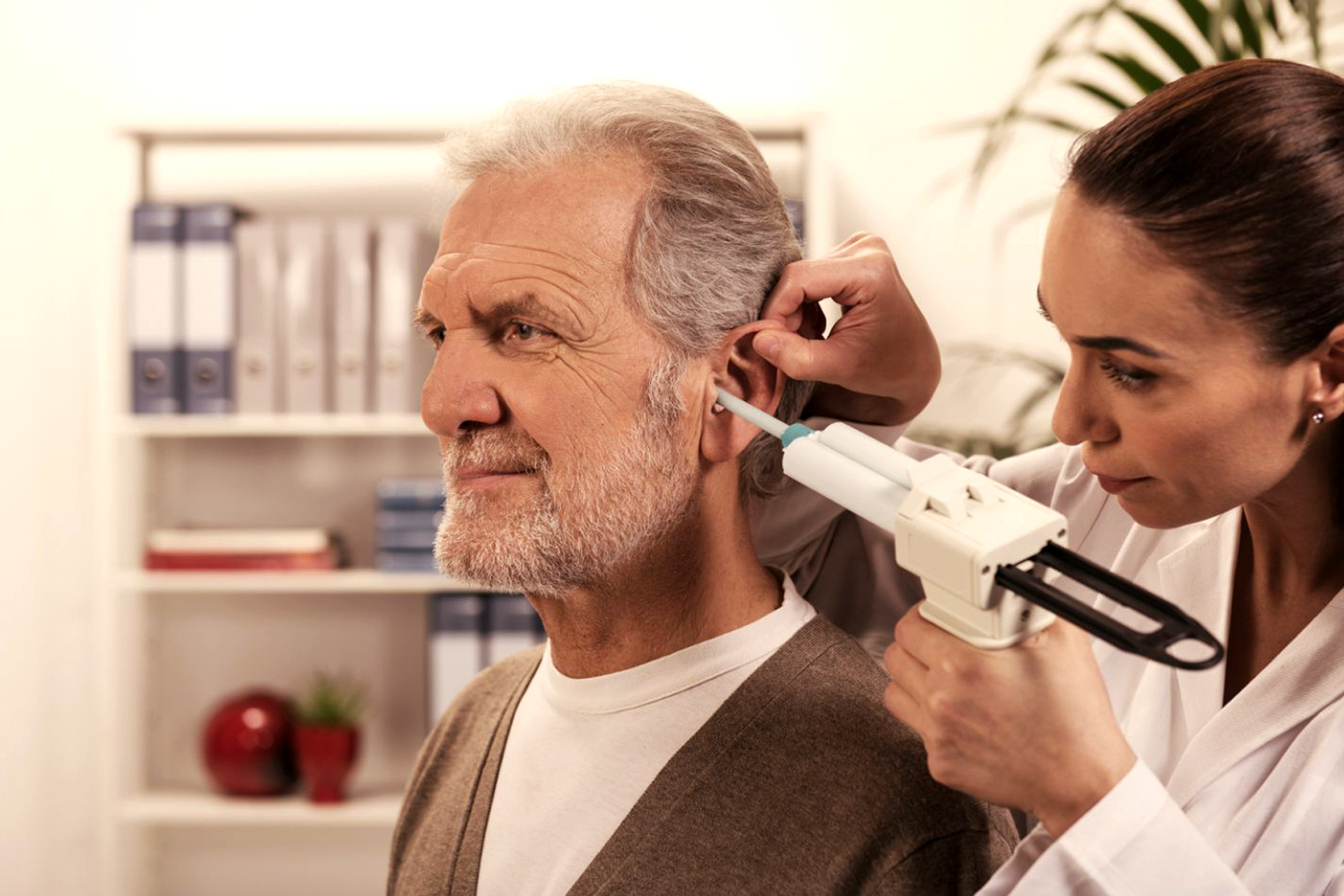
Hearing tests are essential procedures used to evaluate an individual's hearing ability and diagnose any potential hearing loss or auditory issues. These tests are typically conducted by audiologists or hearing care professionals and involve various methods to assess different aspects of hearing. Here's an overview:
Common Types of Hearing Tests
Pure Tone Audiometry (PTA)
- Purpose: Measures the softest sounds a person can hear at different frequencies (pitches).
- Process: The individual wears headphones and listens to tones at various frequencies and volumes, pressing a button or raising a hand when they hear a sound.
- Outcome: Results are plotted on an audiogram, showing the degree of hearing loss at each frequency.
Speech Audiometry
- Purpose: Evaluates the ability to hear and understand speech.
- Process: The person listens to and repeats words or sentences spoken at different volumes.
- Types:
- Speech Reception Threshold (SRT): Determines the lowest level at which speech can be recognized.
- Word Recognition Score (WRS): Assesses how clearly speech is understood at a comfortable volume.
- Outcome: Provides insight into how hearing loss affects speech comprehension.
Impedance Audiometry (Tympanometry)
- Purpose: Tests the function of the middle ear, including the eardrum and ossicles (small bones).
- Process: A probe is inserted into the ear canal, and air pressure is varied to measure the movement of the eardrum.
- Outcome: Detects issues such as fluid in the middle ear, eardrum perforations, or Eustachian tube dysfunction.
Otoacoustic Emissions (OAE) Test
- Purpose: Assesses the function of the outer hair cells in the cochlea.
- Process: A small probe placed in the ear emits sounds, and the ear’s response (echoes) is measured.
- Outcome: Used for screening newborns and diagnosing hearing loss in children and adults. Absence of emissions may indicate hearing loss.
Auditory Brainstem Response (ABR) Test
- Purpose: Evaluates the auditory nerve pathways from the ear to the brainstem.
- Process: Electrodes are placed on the scalp and earlobes, and sounds are played through headphones. The brain’s electrical response to sound is recorded.
- Outcome: Used to detect hearing loss, especially in infants and people who cannot respond to conventional hearing tests. Also useful for diagnosing neurological issues affecting hearing.
Behavioral Observation Audiometry (BOA)
- Purpose: Assesses hearing in infants and young children who cannot respond to traditional tests.
- Process: The audiologist observes the child's behavioral reactions (like eye movements or head turns) to sounds at different volumes.
- Outcome: Helps identify hearing loss in children at an early age.
Play Audiometry
- Purpose: Evaluates hearing in young children using a playful approach to keep them engaged.
- Process: The child is trained to perform a task, such as placing a block in a box, whenever they hear a sound.
- Outcome: Provides an audiogram that shows hearing sensitivity, adapted for children.
Importance of Hearing Tests
- Early Detection: Identifying hearing loss early, especially in newborns and young children, can prevent delays in speech and language development.
- Treatment Planning: Helps audiologists determine the appropriate treatment, whether it's hearing aids, cochlear implants, or medical intervention.
- Monitoring: Regular hearing tests are important for those exposed to loud noises or with progressive hearing loss, to monitor any changes over time.
- Prevention: Early diagnosis and intervention can prevent further deterioration of hearing and improve the quality of life.
When to Get a Hearing Test?
- Signs of Hearing Loss: Difficulty understanding speech, frequently asking others to repeat themselves, or noticing muffled sounds.
- Routine Check-ups: Especially important for older adults, individuals exposed to loud environments, or those with a family history of hearing loss.
- Tinnitus: Persistent ringing or buzzing in the ears.
- Ear Pain or Fullness: Ongoing discomfort or pressure in the ears.
What to Expect During a Hearing Test?
- Consultation: The audiologist will start with a discussion about your hearing health, medical history, and any symptoms you're experiencing.
- Testing: Various tests may be conducted based on your specific needs, including pure tone audiometry, speech audiometry, and others.
- Results: The audiologist will explain the results and discuss any necessary treatment or follow-up steps.
Regular hearing tests are an important part of maintaining good hearing health, helping to detect problems early and ensure you receive the appropriate care and treatment.